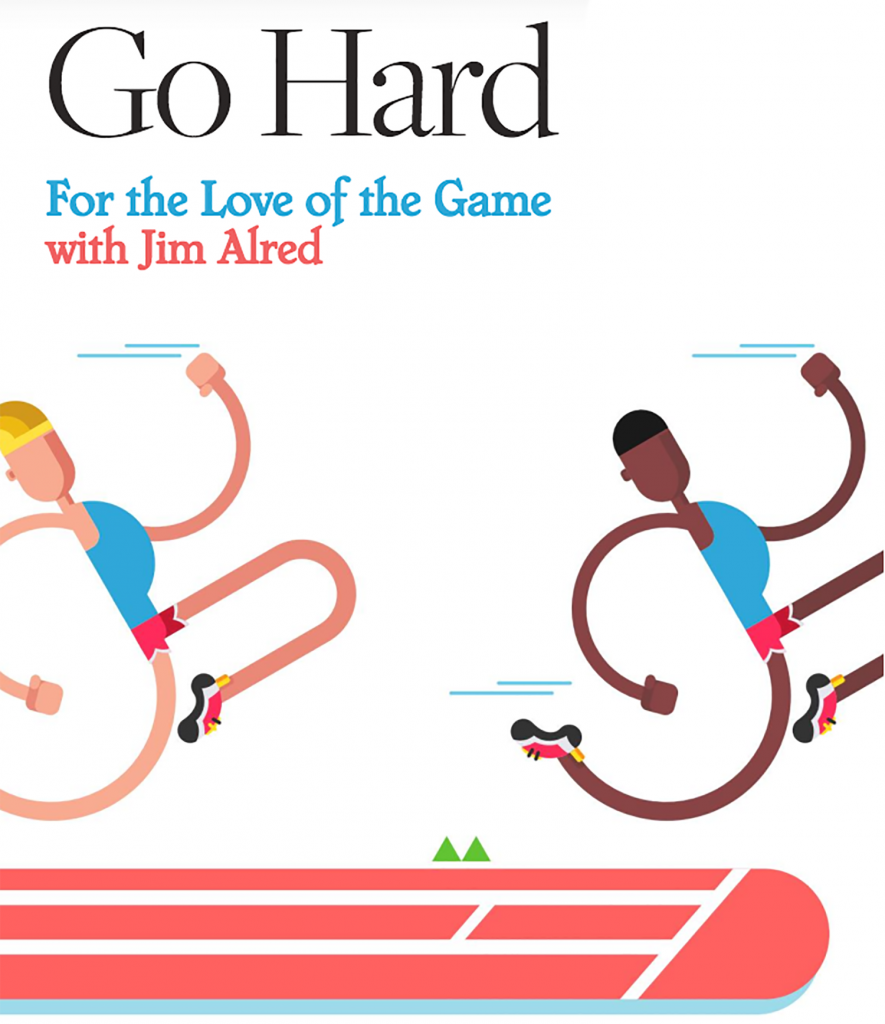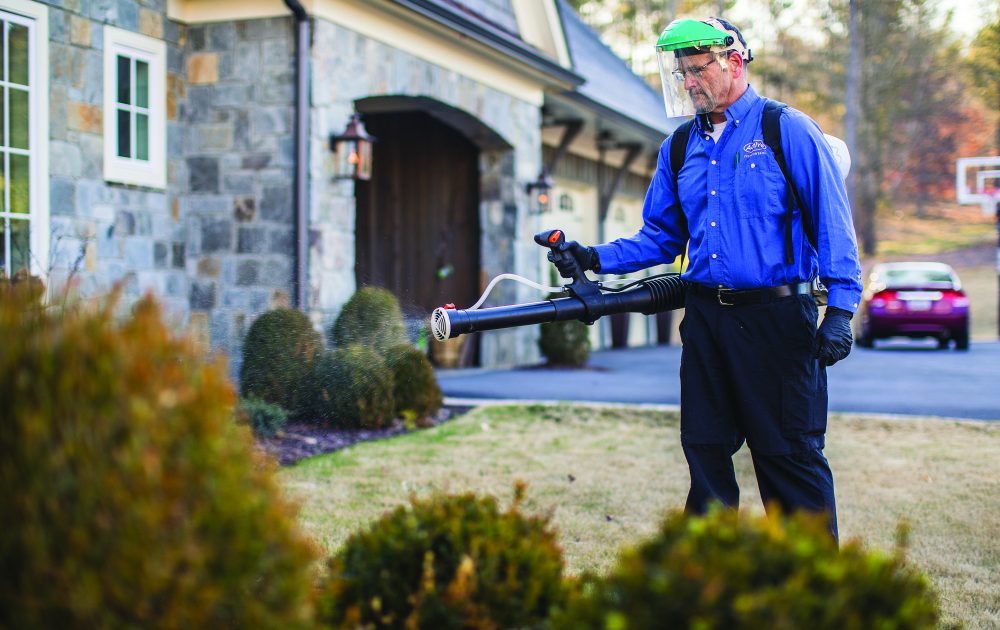
The game ended with a whimper, not a bang. The three short blasts from the officials’ whistle brought the players to a stop and left one side shaking their heads in frustration.
For 70 minutes of game time, the squad fought. They controlled the ball, passed well, and defended so hard the other team failed to a record a shot on the goal.
The team played most of the game on the opponent’s side of the field, but as time expired the scored remained knotted at 0-0. The tie felt like a loss to one team. I have no idea what it felt like to the other.
Through the disappointment I tried to praise our players for a solid effort. Their faces told me my message probably didn’t sink in. For some reason, I found myself fixating on the game far more than I should. And as I turned the game over in my head, I realized why I refused to let it go.
For 44 going on 45 years, I’ve played games, sports and life with simple philosophies. Do your best. Put yourself out there and give every bit of effort that you can.
Play to win, so that if you don’t at least you know you gave it your best shot. It’s not all about winning, but how you play.
I saw a basketball coach in Florida instruct his players to hold the basketball with a four-point lead and seven minutes left on the clock. The team won. I saw another coach try it in a game, and his team lost.
Football fans wail when their team is holding a lead and goes into the prevent defense. For those unfamiliar with it, a prevent defense is employed to keep the other team from making big plays. However it usually allows opposing teams to piece together smaller plays and move down the field.
Oftentimes, this strategy turns out bad for the team employing it. Many fans can regale you with tales of the times their favorite teams utilized the prevent defense, and the only thing it prevented was their favorite team winning the game.
The night after the game, my family watched Dead Poets Society, a film I had not seen since I was in high school. The message of the film embodied by the Latin phrase, “Carpe Diem,” encourages us all to seize the day.
That night, I thought back to the many, many athletes and people I’ve seen embody the phrase. One of my earliest sports memories is watching the 1980 U.S. Olympic Hockey team upset the Russians at the Lake Placid Olympics.
The U.S. team, full of plucky college kids, vanquished the Soviet machine in an epic contest. As the game wound down and the U.S. skated to victory, commentator Al Michaels uttered the famous words, “Do you believe in miracles?”
The Russians were favored. The U.S. could have deployed a defensive strategy and hope for a late counter-attack goal. Instead, they played to win the game from the opening puck drop and did. Their strategy and willingness to seize the day delivered one of the greatest upsets in Olympic history.
During high school, I ran track. Longer distances remained my specialty, but I competed in the mile as well. My lack of foot speed meant I found myself getting passed by faster runners with more kick at the end of races. My coaches saw my reaction after the same runners managed to beat me to the finish line during the mile during a few track meets.
I complained about how it seemed unfair and said I wished those runners would step up to run me in the two mile. My coaches smiled and offered me advice. They unveiled a strategy to help me sap the sprinting power from my opponents before the final lap of the four-lap race.
The idea seemed simple on the surface. Keep pace with the kids who had great finishing speed for the first two laps and then take off on the third lap. The idea was to gain as big a lead as possible.
The strategy forced the faster runners to make a decision. Go with me and possibly not have the full force of their kick on the final lap or let me get away and hope to have enough to chase me down at the end.
It also forced me to give a lot more energy on the third lap and hope I had enough in the tank to finish strong. If this were a Disney movie, it would end with me vanquishing the faster runners en route to a big win. In reality, the tactic allowed me to beat a couple of them and not beat another.
When the season ended all three of the runners told me they hated running against me, because I made them work a lot harder than they wanted. If I had taken it easy and tried to outsprint them, I would have lost every time.
I’ve remembered the lesson and employed it throughout my life. When given a choice between the easy, or playing not to lose, and the hard, or playing to win, I err on the side of playing to win each time.
It’s meant some losses and some disappointments, but it’s also allowed me to achieve some victories I never thought possible.
As I walked off the soccer field on Sunday, I thought about the game and how our players reacted. They all fought hard and did what they could to win. They didn’t go into a shell and play it safe. They didn’t win, but I’m more proud of them for fighting and trying everything they could to win.
And maybe that’s why the game stuck with me. Because I hope each of our players learns playing to win can have its pitfalls, but even when you do lose you know you gave it your best effort.



